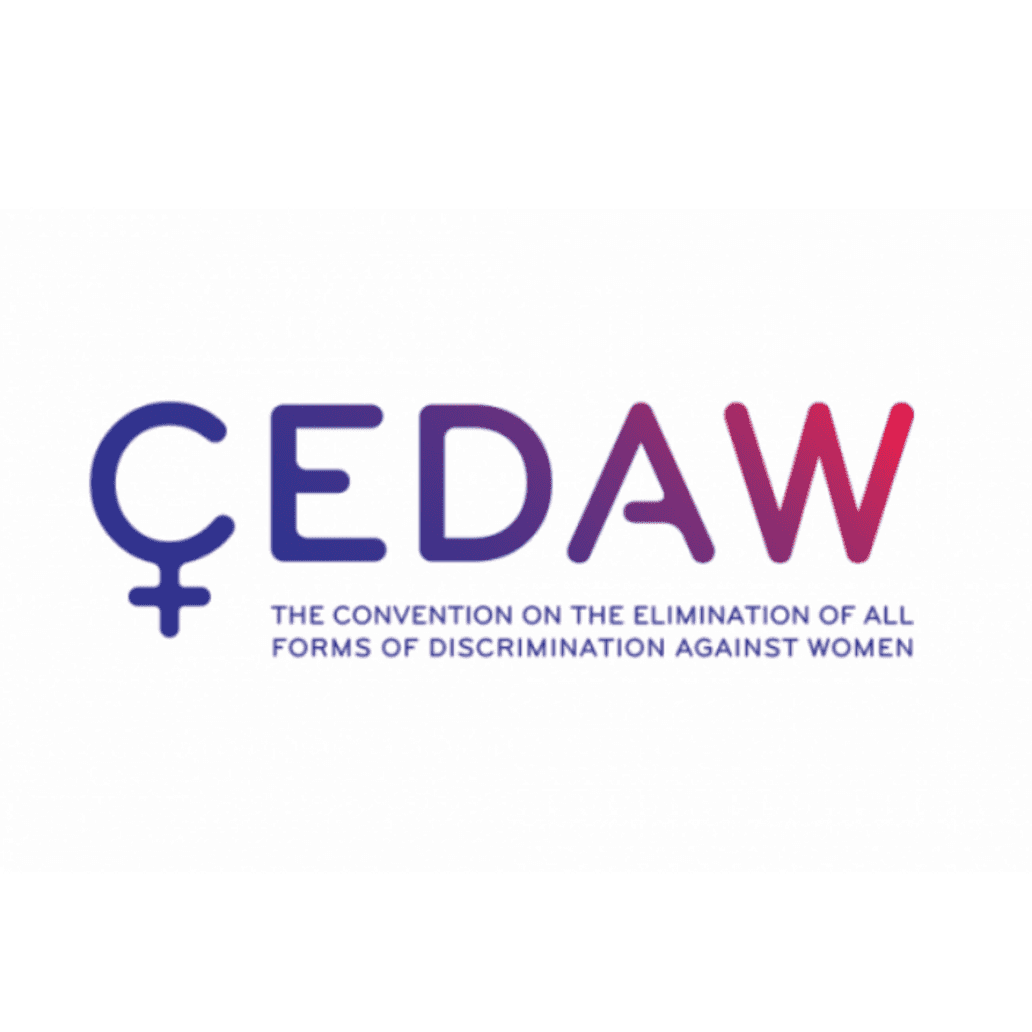May 2020 Blog - Media Representations of Gypsy, Roma and Irish Traveller women – Depicting Stereotypes rather than Role Models
This blog was first published in December 2019 by the Women's Resource Centre to mark 16 days of action against Gender-based violence.
14 May 2020
By Patricia Stapleton, Policy Manager with the Traveller Movement
This blog was first published in December 2019 by the Women’s Resource Centre to mark 16 days of action against Gender-based violence.
There is no denying the positive impact of the CEDAW convention in eliminating discrimination against women globally. Article 5 of the Convention encourages State Parties to work towards the elimination of stereotypes and instructs states to:
“modify the social and cultural patterns of conduct of men and women, with a view to achieving the elimination of prejudices and customary and all other practices which are based on the idea of the inferiority or the superiority of either of the sexes or on stereotyped roles for men and women”
However, as a civil society organisation that works with a group of ethnic minority women routinely discriminated against in the British media, one has to ask – is the UK doing enough to address stereotypical images and depictions of Gypsy, Roma and Irish Traveller women?
In its concluding observations CEDAW commended the UK, and the the Committee for Advertising Practice (CAP) for banning ads which depict harmful gender stereotypes from June 2019. This is a positive step forward, as research shows that depictions of men and women in stereotypical gender roles or characteristics have the potential to cause harm. CAP has also published guidance for advertisers on scenarios that are likely to be problematic, and following a review found harmful stereotypes can restrict the choices, aspirations and opportunities of children, young people and adults, and can be reinforced by advertising. However, when it comes to Gypsies, Roma or Irish Travellers no other medium is more responsible for perpetuating harmful stereotypes than the British media.
Gypsies, Roma and Travellers experience high levels of racism and discrimination in their everyday lives, and have the worst outcomes across all social indicators. Additionally they face challenges in almost every aspect of their lives, such as accessing healthcare, housing, and face discrimination in education and employment. In fact, racism against Gypsies and Travellers is so entrenched that in 2004 Sir Trevor Philips referred to it as “the last respectable form of racism”.
The media frequently portray Traveller women as being oppressed, having low aspirations, being wedding-obsessed, and having little interest in life beyond their familial duties. Gypsy, Roma and Traveller women are rarely portrayed as inspirational, well-educated, driven or entrepreneurial. Depictions of Travellers on shows such as My Big Fat Gypsy Wedding, or the more recent The Town the Gypsies Took Over do so much damage through the perpetuation of harmful stereotypes that it is difficult for the general public to see beyond those stereotypes. Even the title of the show envisages a kind of invasion. Gypsies, Roma and Travellers are frequently spoken of in dehumanising terms as being an invasion, or as one politician recently described Travellers as ‘like a disease’. This language dehumanises Gypsies, Roma and Travellers and invokes the language used in Nazi era Germany.
The role of the broadcasting regulator, Ofcom is to ensure programmes are balanced and represent all ethnic groups respectfully. Ofcom also has a legislative duty to advance equality of opportunity between men and women, and for people of different racial groups, among others. However the majority of complaints submitted to Ofcom in relation to shows like My Big Fat Gypsy Wedding are rarely upheld. While these shows portray Traveller men as violent and aggressive, and Traveller women as wedding-obsessed and passive, these depictions are never considered stereotypical, merely representational of a community that few people have knowledge of or engage with.
In reality, the vast majority of activists to advance Gypsy, Roma and Traveller rights are women and they come from a diverse range of backgrounds. Many are prominent activists, educationalists, lawyers, or aspiring politicians. For example, it is rare to see women from the Gypsy, Roma and Traveller Women’s Empowerment Network garnering the same amount of media attention as the women on shows like My Big Fat Gypsy Wedding. Among these inspirational women is the first UK-qualitied Roma lawyer; a documentary filmmaker; a social worker and several prominent VAWG activists. Why aren’t these women getting their own shows? Why aren’t we seeing them portrayed in the media carrying out their activism? Simply because it doesn’t sell as many papers, or garner as many viewers as a show that depicts Traveller men as violent and workshy, or Traveller women as wedding-obsessed.
In its concluding observations, the CEDAW Committee said it:
“remains concerned about the persistence of gender stereotypes affecting the educational and career choices of women and girls”
As an organisation that works daily to provide counter narratives to harmful stereotypes, we think there is much more Ofcom and the British government can do to create more positive representations of Gypsy, Roma and Travellers in print media and on television.
The CEDAW convention have asked the UK government to do more to eliminate harmful stereotypes and promote positive and diverse portrayals of gender, including in schools and through public campaigns. We would also urge the UK government to do more to eliminate stereotypes in mainstream media, including in television programming and through the regulator Ofcom. Otherwise how can Traveller girls find suitable role models if they are only represented in shows like My Big Fat Gypsy Wedding? These girls deserve better and should be allowed to reach for the stars just like everyone else.
The views expressed in this article are those of the author and do not necessarily reflect the views of the Traveller Movement.